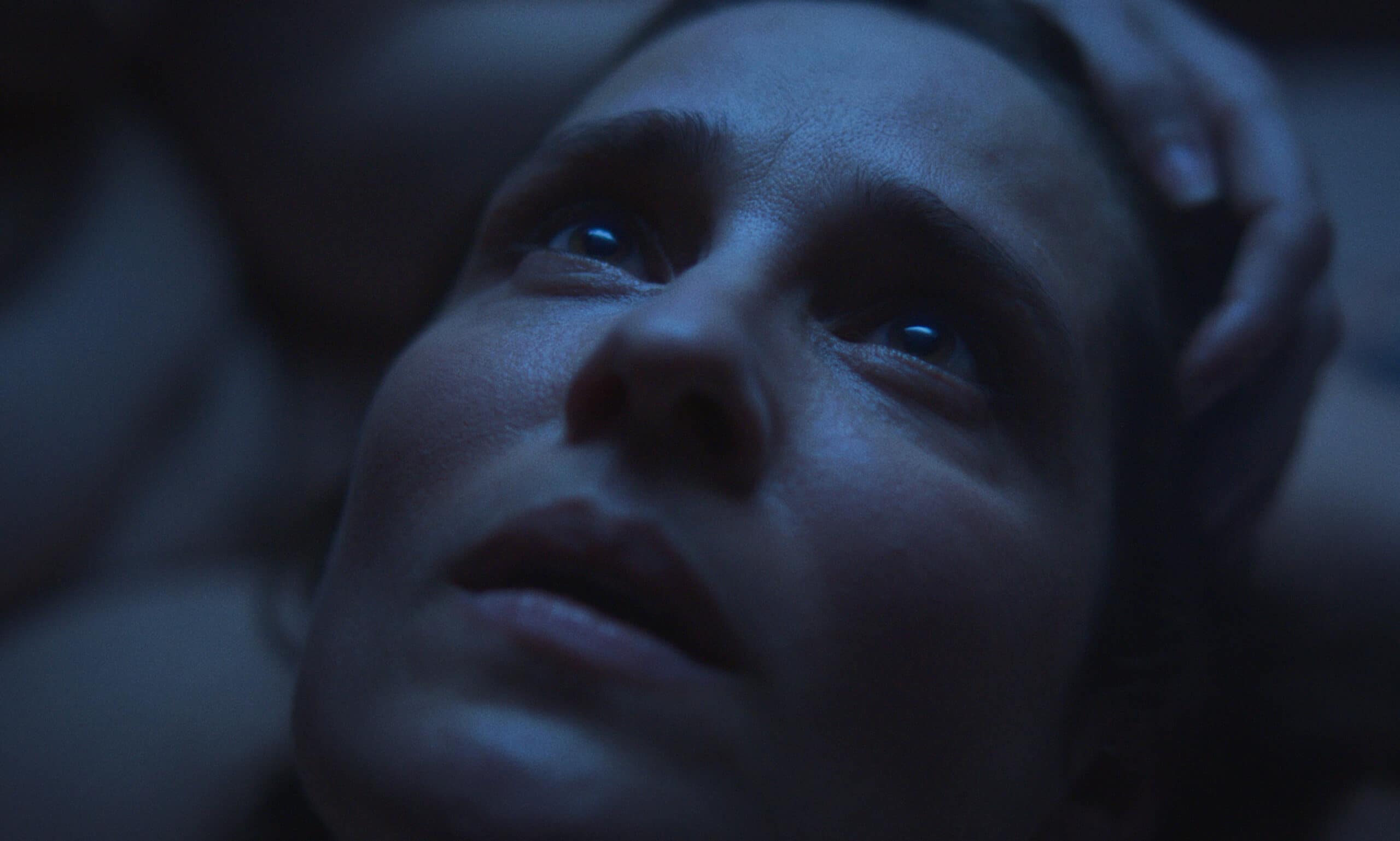




Dir: Yorgos Zois | Cast: Vangelis Mourikis, Angeliki Papoulia, Eleną Topalidou | Greece/Bulgaria/USA, 99′
One of the first changes to the Berlnale that artistic director Carlo Chatrian made when he unveiled his first edition of the festival in 2019 was a new section entitled Encounters which was very much in the vein of the programming choices at his previous job: the head of Locarno. It is in Encounters that Arcadia premieres during the 2024 edition of the Berlinale.
Arcadia is the sophomore title from Greek filmmaker Yorgos Zois whose debut Interruption premiered at Venice in 2015. Following on from that film he is continuing to look at existence through the prism of the heritage of Greek myth and Odyssian Circular journey of love, loss, sex and death.
Formally more experimental and with a tone harbouring discombobulation that feels akin to slowly sinking through quicksand, it brings to mind Churchill’s maxim of the Soviet Union: “a riddle, wrapped in a mystery, inside an enigma.”
We open on an educated middle class couple driving through the Greek countryside in the evening and discover they are married doctors, and that the husband Yannis (Vangelis Mourikis) is en route to identify a woman’s body in the aftermath to a car crash. His wife Katerina (Angeliki Papoulia), is along for the ride – it seems.
After doing their duty at the hospital they head to a holiday home to sleep. At this point when Yannis falls asleep the film starts to slowly uncover its true self. Katerina can’t sleep and discovers a youth in one of the bedrooms in a sequence that cryptically tries to explain the couple’s reality and why they can’t take their shoes off (which becomes a motif with a delightful payoff at the close). From here we are surrounded by the essence of sex in all its disguises. Sex, in fact, will become both an aid to memory, remembering and the subject of which most people tell lies.
The youth, acting like Beatrice guiding Dante through the forest in canto 2 of ‘The Inferno’, takes Katerina to the Arcadia: a bar come garage full of naked Rubenesque bodies fucking à la Carlos Reygadas. It becomes clear we are in some sort of limbo for the dead, or what in Greek myth was the in-between state called the ‘Fields of Asphodel’ before the journey to either Elysium/Heaven or Tartarus/Hell. The denizens of Arcadia have nothing to do but strive to remember, fuck, sing and drink.
When in a place of unreality, whether that be dream space or somewhere metaphysical, there is the danger of becoming nothing more than a series of non-sequiturs. But to seek explanation in a film like this defeats the object of what it is and how it exists and creates its world. There is of course a temporal vacuum that shows how a film is joined to reality: it reaches all the way out to it, but delimits the thinkable and thereby the unthinkable.
Through Katerina’s journey we encounter guilt, dead children, relationships destroyed by selfishness and carnal greed/erotic vagrancy. She is the one that needs to be released by the living: Yannis. As Emily Dickinson put it: Parting is all we know of heaven/And all we need of hell. We are then left with the perpetual contemplation of an elusive being that teaches us the art of loving the intangible. @d_w_mault
ENCOUNTERS 2024 | BERLINALE 2024 | 15 – 25 FEBRUARY 2024